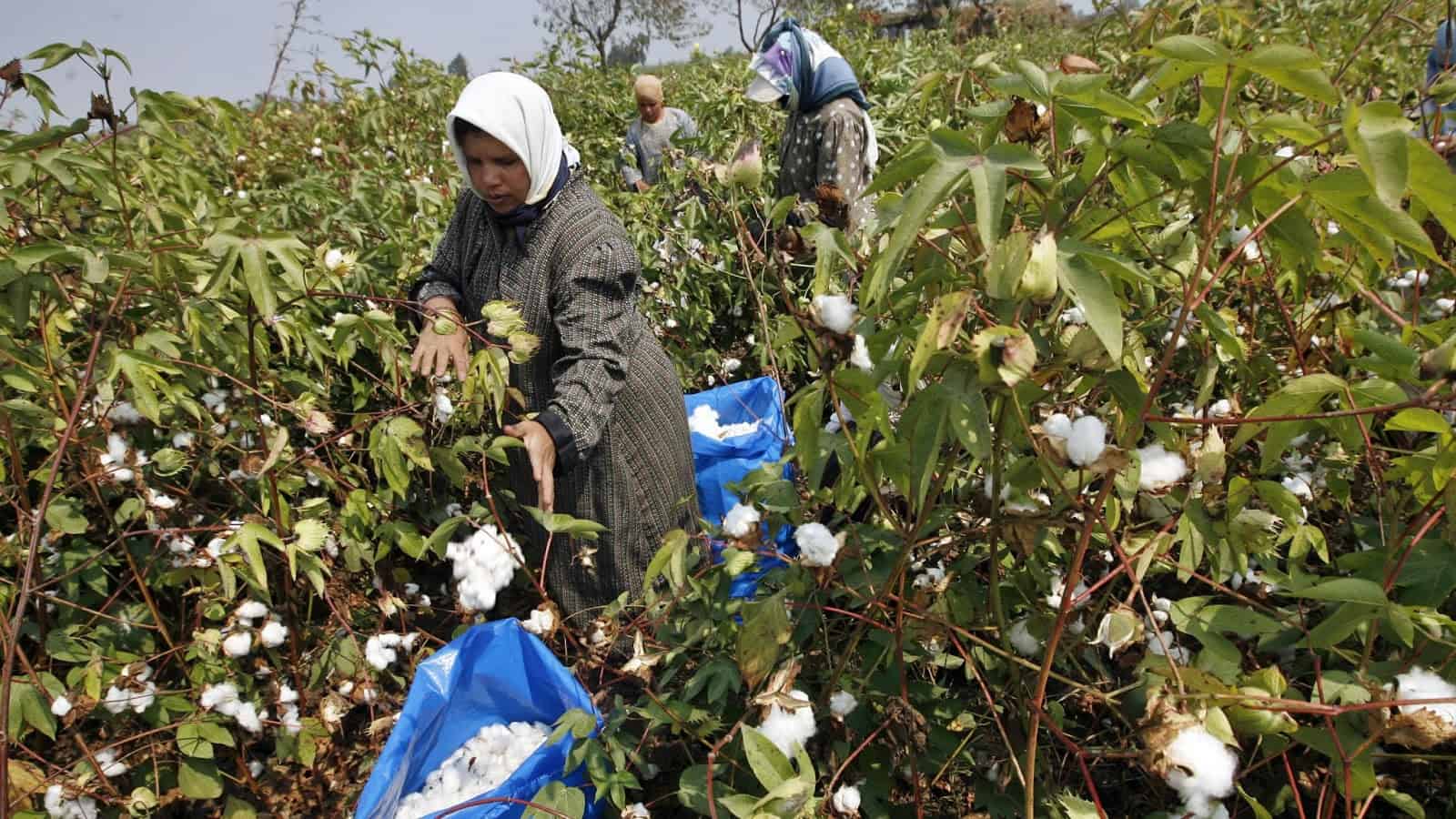-
In Egypt, the goal is to revive the cotton industry by supporting growers to cultivate sustainable cotton.
-
In Sudan, dairy enterprises will be provided with technical assistance for food safety production
The International Islamic Trade Finance Corporation (ITFC), a member of the Islamic Development Bank Group (IDB), has partnered with the United Nations Industrial Development Organization (UNIDO) to support the cotton sector in Egypt and the dairy farming in Sudan, a press release issued by ITFC said.
The ITFC, a member of the Islamic Development Bank Group (IDB) and the UNIDO on Wednesday held a high-level bilateral meeting to highlight two project agreements in a virtual kick-off ceremony with Eng. Hani Salem Sonbol, CEO of ITFC and LI Yong, Director General of UNIDO.
The projects will support two key initiatives: the first is the Better Cotton Initiative (BCI), which aims to revive the Egyptian cotton industry by supporting growers to cultivate sustainable cotton. The second project in Sudan, aims at transforming the country’s dairy sector which will see ITFC and UNIDO provide selected dairy enterprises with technical assistance for food safety production and will assist dairy plants to resume production.
The two institutions will ensure that these sectors remain resilient with increased production, easier access to finance and an enhanced safe operating environment for workers.
In his opening remarks at the virtual meeting, Eng. Hani Salem Sonbol, CEO ITFC noted that ITFC’s participation demonstrates a commitment to nurture the cotton sector’s economic prospects by strengthening the overall value chain.
“ITFC is confident that our partnership with UNIDO will continue to add value to important economic sectors, contribute to industrialization, build stronger economies and, ultimately, support Organisation of Islamic Cooperation member countries as they emerge from the pandemic with more resilience,” Sonbol said.
The UNIDO Director General, Li Yong said that the mission of the UNIDO is to promote and accelerate inclusive and sustainable industrial development.
“This strategic partnership with ITFC will promote industrialization, trade, and sustainable development for our common member countries towards achieving the Sustainable Development Goals in general and SDG 9, in particular,” Li Yong said.
During the discussion on strategic partnerships, Eng. Sonbol highlighted ITFC’s interest in expanding the partnership with UNIDO in Asia, the CIS, Europe and Latin America.
The participation of UNIDO in the second phase of the Aid-for-Trade Initiative for Arab States (AfTIAS 2.0) was also addressed, with its development objective to “enhance the environment for international trade in the Arab region by making it more efficient and inclusive, thereby creating opportunities for employment and contributing to sustainable development”.
The discussion concluded with the exploration of new avenues of partnership in support of the African Continental Free Trade Area (AfCFTA), especially in the area of the sectoral and industrial impacts of the AfCFTA in OIC member countries.

